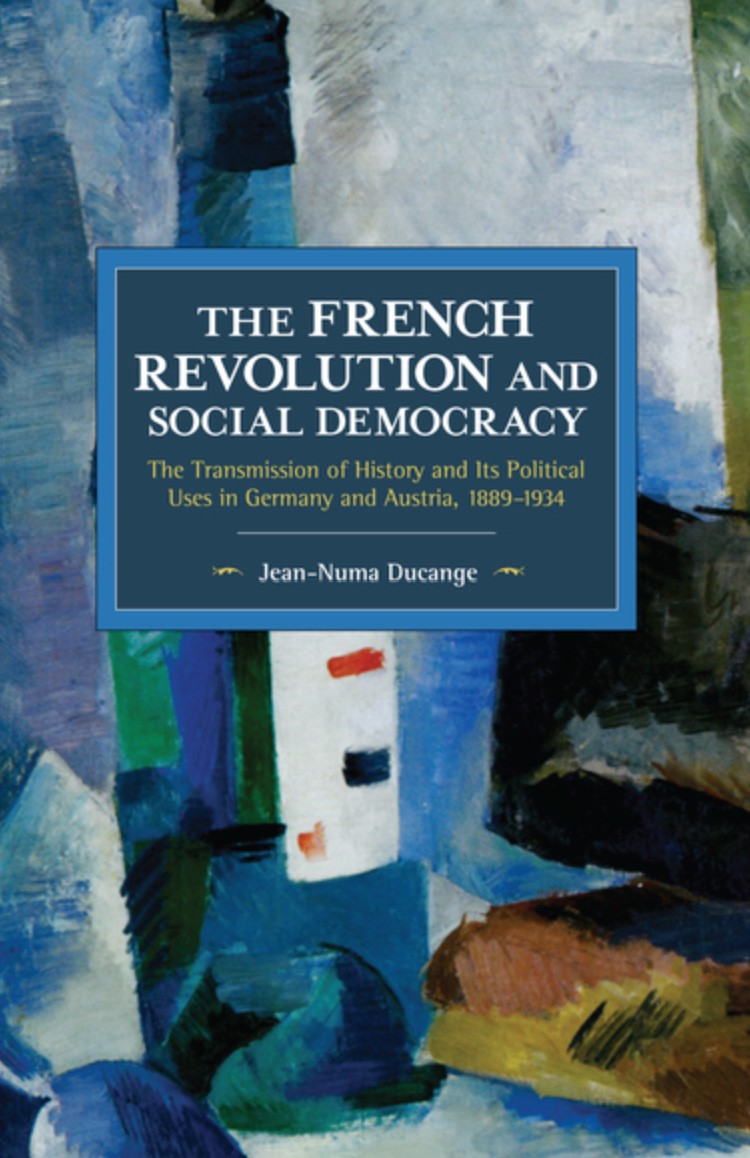Jean-Numa Ducange
Biographical Note
Readership
All interested in the historiography of the French Revolution, the history of pre-Nazi-era German social democracy and the worker-education of the nineteenth century.
Table of Contents
Preface to the English Edition Abbreviations
Introduction
Preamble: Social Democracy and the French Revolution before 1889
Part 1 The Development, Crisis and Renewal of the Reference to the French Revolution and Its History (1889–1905)
1 1889: the Social-Democrats’ Centenary
2 The ‘Long Centenary’, 1890–5
3 Revising Orthodoxy, Re-exploring History
4 The Russian Revolution of 1905 and the Analogies with 1789
Part 2 The Entrenchment of a Reference (1906–17)
The New Conditions of Social-Democratic Production
5 New Works on the French Revolution
6 The Social-Democratic Educational Apparatus from 1906 to 1914
7 A Powerful Machine
8 The Reference to 1789: Powerful yet Ambiguous
Part 3 Reinterpretations and New Approaches, 1917–34
The Social Democracies’ New Course
9 The Power of Analogies, in the Face of New Revolutions: 1917–23
10 Continuities and New Approaches in the Mid-1920s
11 New Readings of the French Revolution
12 Analogies and Controversies: the French Revolution, 1927–34
Conclusion
References
Index


